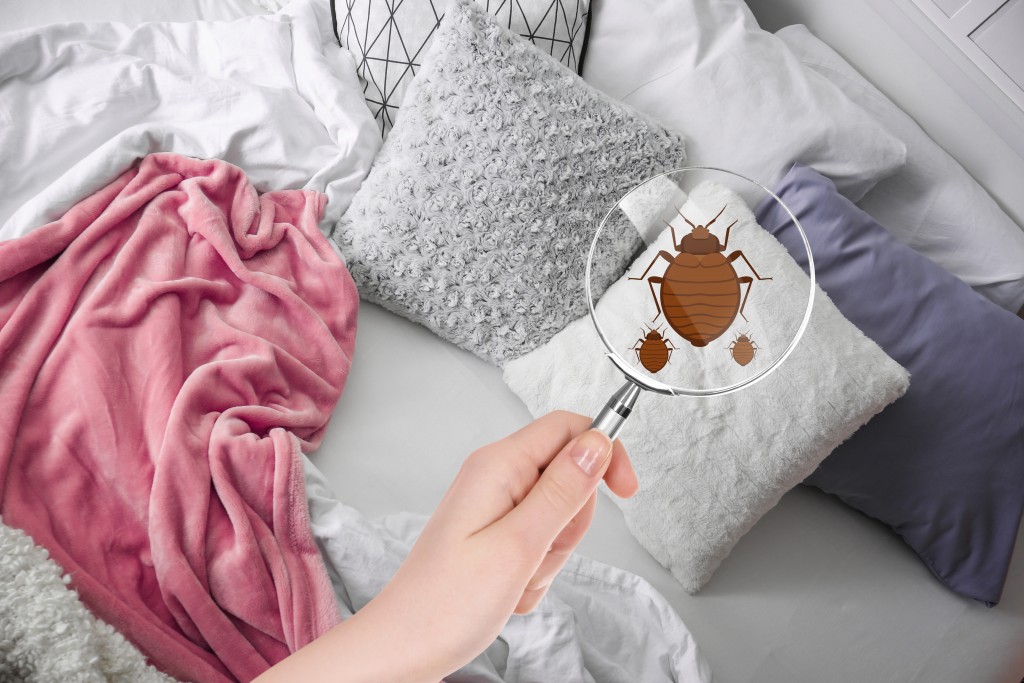Utah is home to a lot of insects, but bedbugs can be the most irritating of them all. These tiny vampires suck your blood as you sleep, leading to restless nights and risk of infection.
How Bedbugs Spread
Bedbugs will usually latch on to clothing or luggage. Infested motels and other establishments can transfer bedbugs into unsuspecting visitors, who then take the bedbugs into their own homes. Connected apartments are also highly susceptible to infestations. Urban cities like Salt Lake City, Provo, Sandy, etc. have higher chances of infestation because of higher human traffic.
You can minimize your risks of infestation by avoiding motels or sealing your clothes in plastic when you do. Make sure to immediately wash your clothes in hot water when you arrive home, especially when you have reason to believe you might have come in contact with bedbugs. Hot water or the heat from a dryer should be enough to kill bedbugs and their eggs.
Harmful Little Buggers
Bedbugs might be tiny, but their voracious appetites can leave you with sleepless nights. The nightly bites from an untreated bedbug infestation can lead to insomnia, anxiety, depression, and even psychosis. Bedbugs will bite any part of the body they can get to, which probably means your face unless you sleep with your head under the covers. People chronically exposed to bedbugs are five times more likely to have anxiety disorders and 2.5 times more likely to have depression.
The tiny bites can also irritate your skin or even infections. Bed bugs have also been found carrying Trypanosoma cruzi — a protozoa that causes Chagas disease. The disease affects more than 8 million people (300,000 in the USA), leading to close to 50,000 deaths per year.
Detecting Infestations
Bedbugs leave traces whenever they have their nightly meals ( which is you). Look for specks of blood in your pillows and sheets; finding red spots is the most likely sign you have bedbugs. If an infestation continues to run unchecked, you might start to detect a musky coriander-like odor. The odor comes from the excretions or sweat of bedbugs, which means there are a lot of them.
You might also find shells that bedbugs leave behind after molting. Bedbugs will only molt if they’ve been feeding extensively, so they’ve probably been feasting on you for months. Rust-colored stains on nearby mattresses, furniture, or clothing are also indicators of bedbug infestations. You won’t be finding these in your bed because bedbugs don’t poop where they eat.
Getting Rid of the Problem
Bedbugs are problems that you can’t solve on your own. Unlike other insects, the usual bug sprays won’t work on bedbugs. Heat treatment is the only reliable way to get rid of bedbugs, and you’ll need pest control professionals to do the job. They’ll heat your house to 120°F, getting rid of bedbugs and their eggs.
Bedbugs are not your usual infestation. You won’t be sleeping tight when these bugs are biting, so look out for signs of infestation and don’t hesitate to call pest control services.

